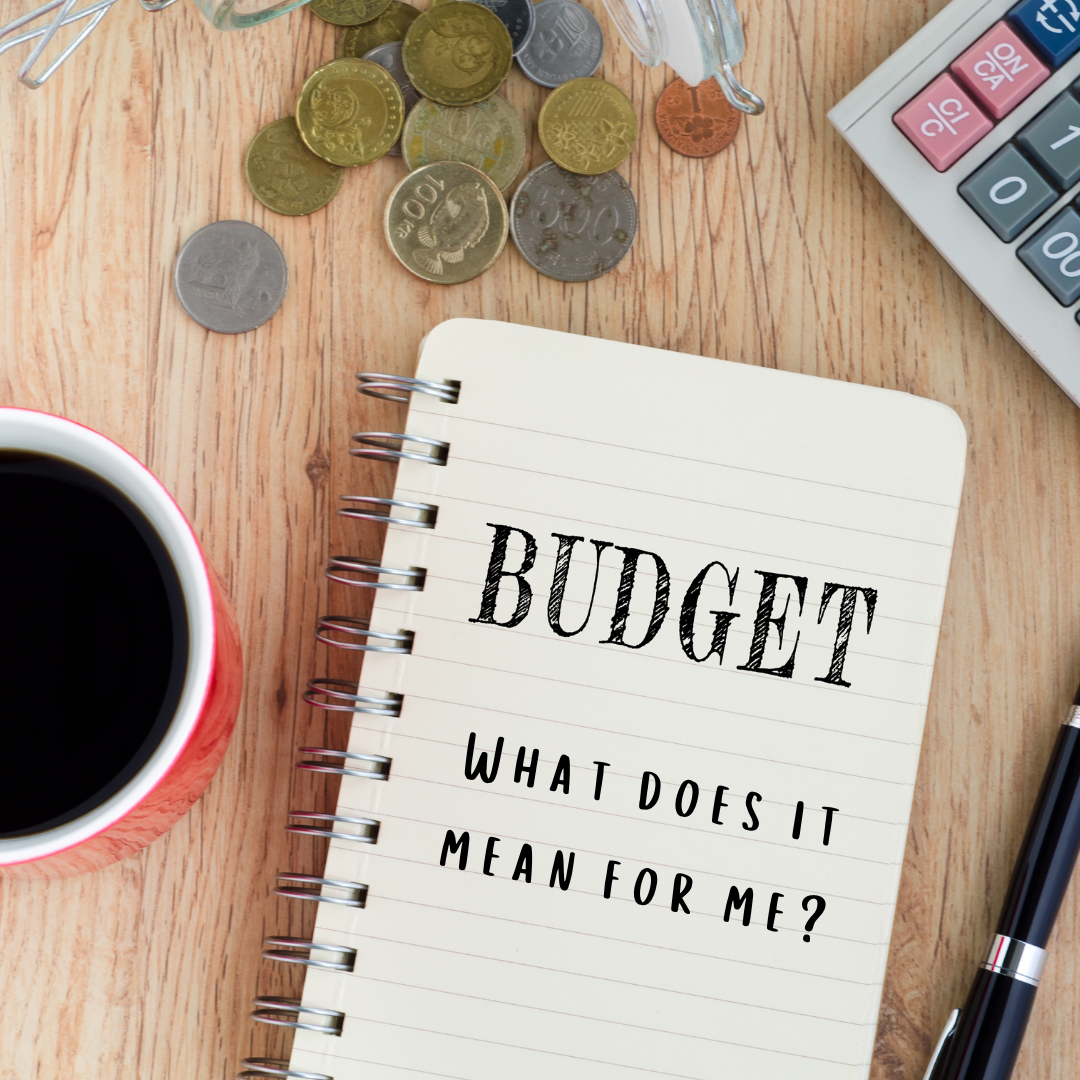Do I need a business bank account?
Trading through a limited company?
List of Services
-
1. You could be in breach of your bank's T&CsList Item 1
A couple of invoices each month are likely to go un-noticed. However, if you have a large number of transactions or operate an online shop, your bank may view that you are trying to avoid their business fees by using a personal account. This could lead to your account being switched or even closed.
-
2. You can build a credit rating for your businessList Item 2
As your business grows you may want to apply for a business loan or credit card. Not only can you start building a credit history for your business prior to any application, but some products will be limited to business customers only.
-
3. You will save time on admin and bookkeepingList Item 3
If you chose to keep your personal and business transactions in separate accounts, your monthly bookkeeping or annual tax return will be much quicker and easier to prepare. With everything in one account you'll need to work through your statements and carefully pull out anything relating to the business, trying to remember whether that meal out was a business meeting or a brunch with friends.
-
4. It helps maintain your privacyList Item 4
Should HMRC select your business for a tax inspection, you could be opening yourself up to a far longer and more painful investigation process if everything is in a single personal bank account.
If you have a business account and use it solely for business purposes, transferring yourself a 'salary' every month or so, HMRC will have no reason to check beyond this account. However, if you are using a personal bank account, HMRC are able to look through and question all of your business AND personal transactions. If payments are made to any savings on joint accounts, they can look into those too!
Similarly, if you employ the services of an accountant, you may not feel comfortable with them looking through and questioning the nature of each transaction in your personal bank account.



